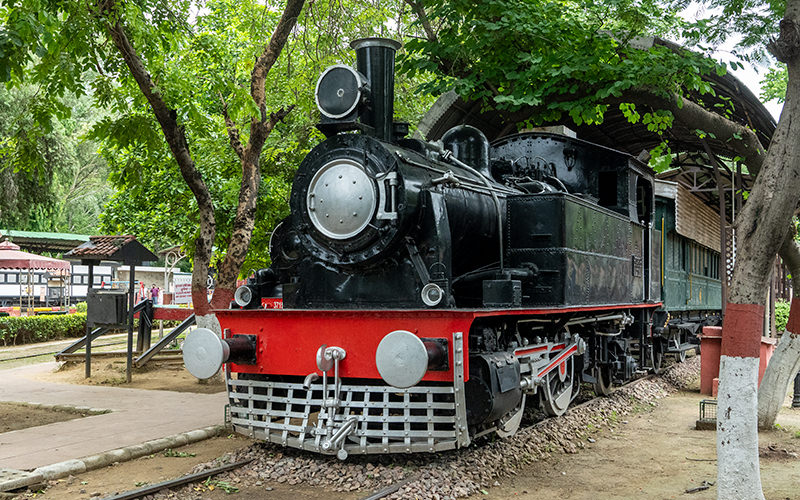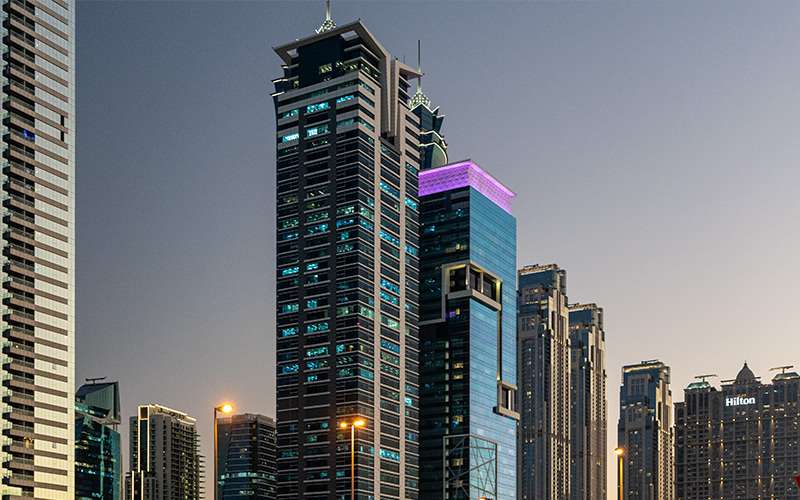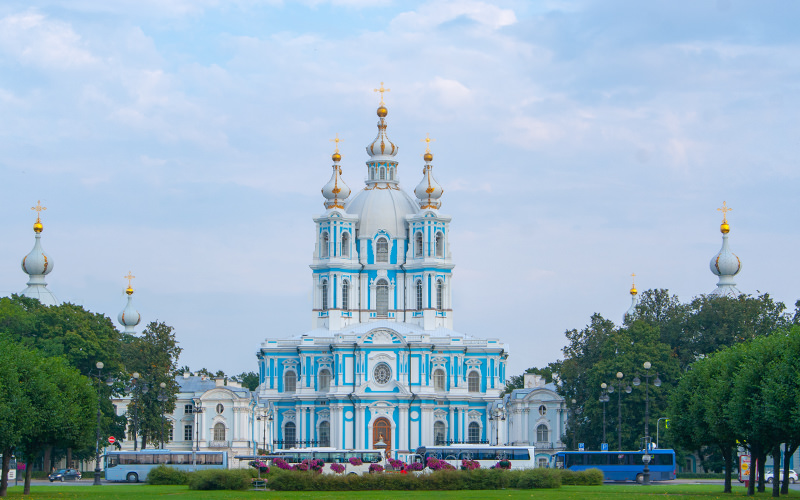During one of my summer trips, I set a goal to visit a new country. After considering several options, I chose Georgia and its capital, Tbilisi. Today, I would like to share my route through the main attractions of the central part of this ancient city.
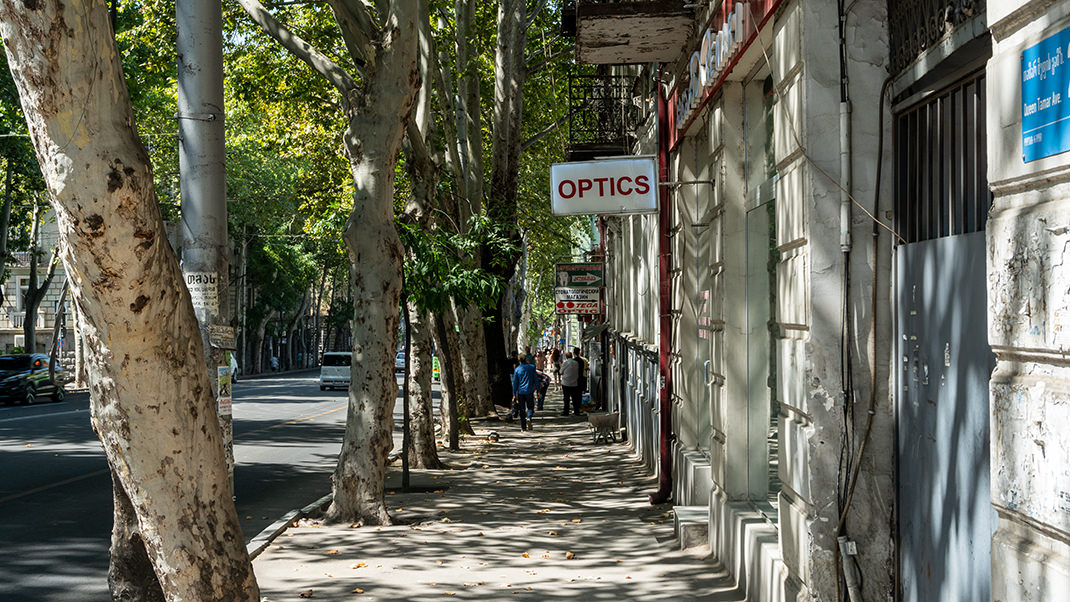
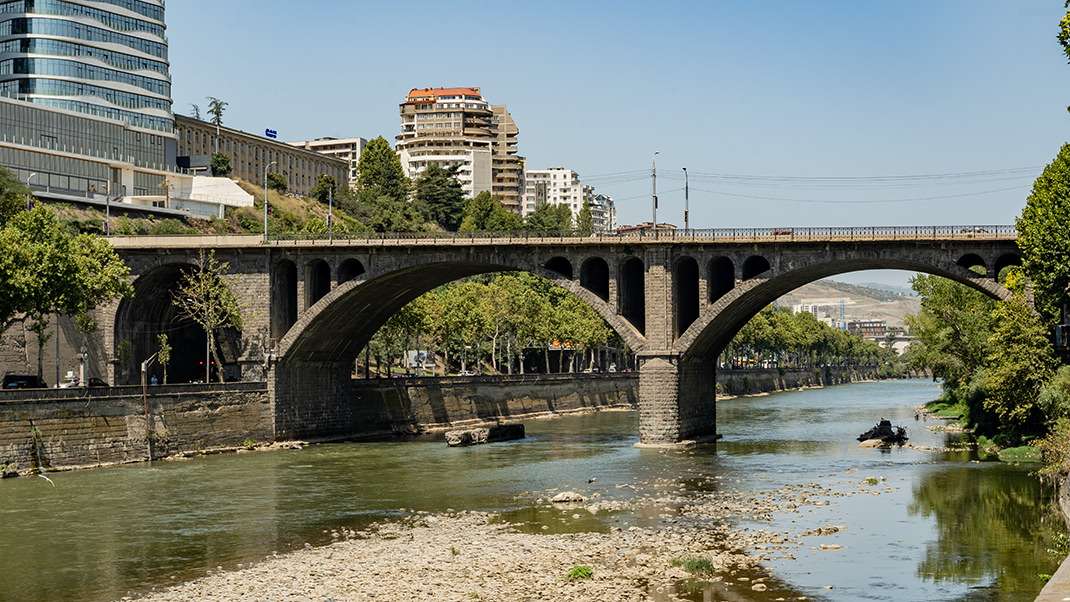
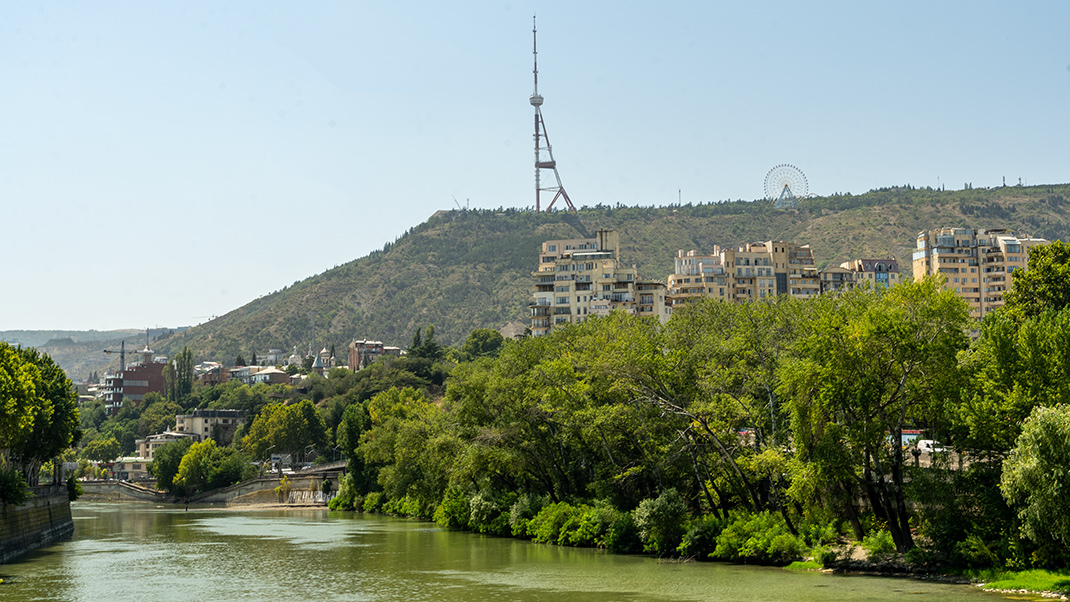
Tbilisi: A Bit of History
Tbilisi is located in the eastern part of the country. The city covers an area of 720 square kilometers, and approximately 1.1 million people call it home.
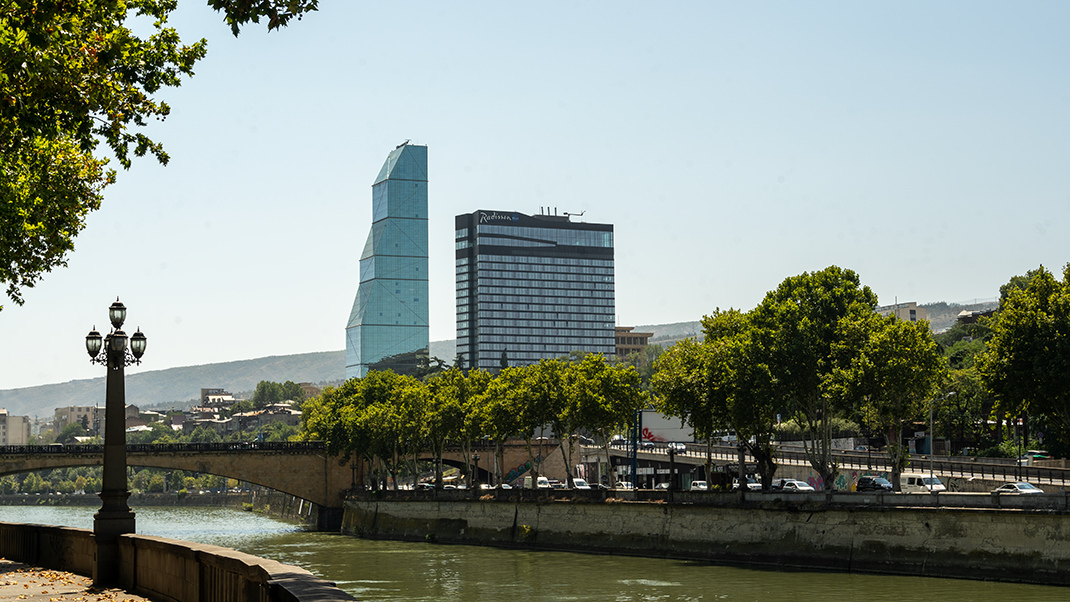
It is believed that settlements in the modern-day Tbilisi area appeared in the fourth millennium BCE.
According to the most common legend about the founding of the city, dense forests once covered the area where King Vakhtang I Gorgasali hunted. One day, the king wounded a deer, and the animal fell into a hot spring, immediately healing and escaping from the hunter. Due to the special properties of the local water, the king ordered the founding of a new city on this spot.
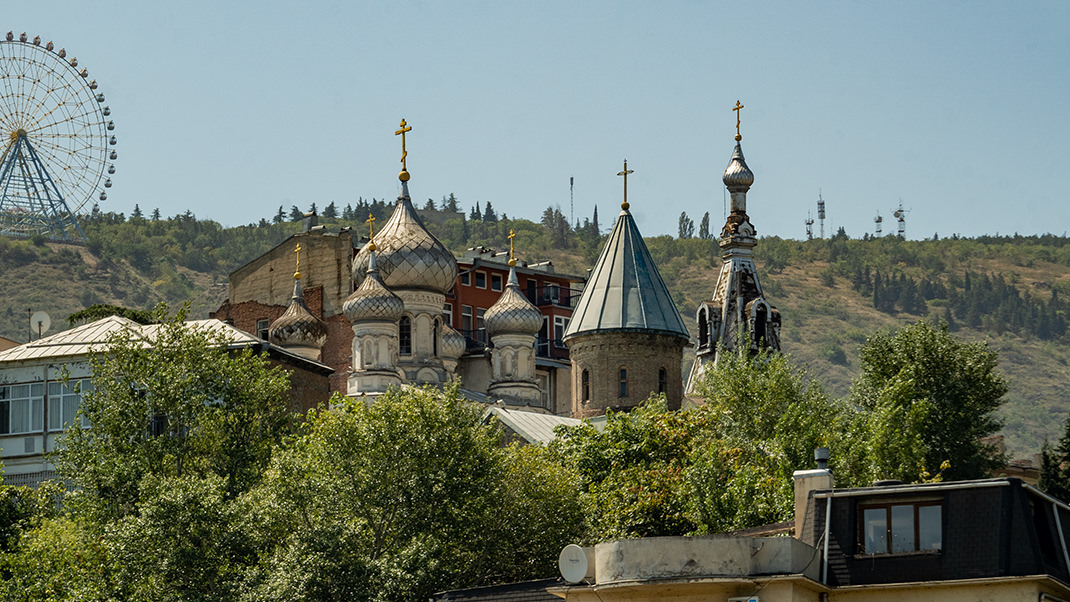
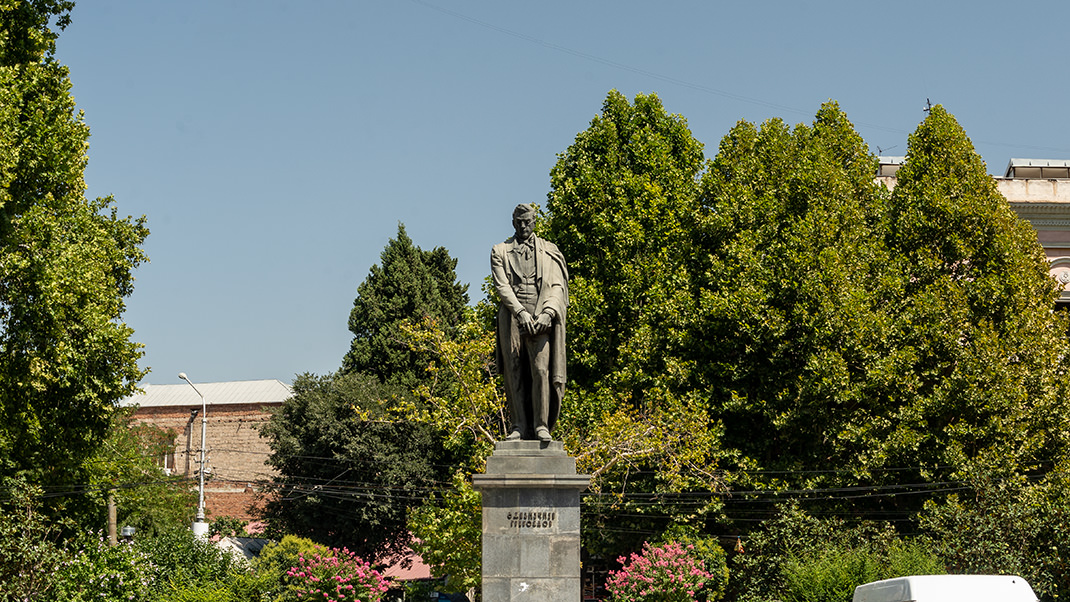
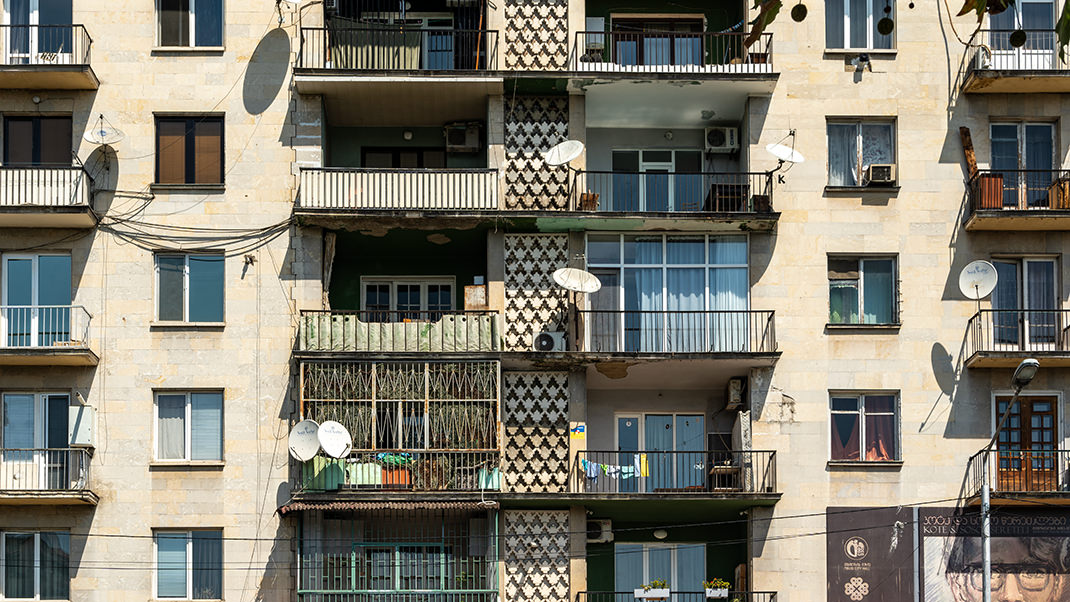
The name Tbilisi is also related to hot springs; the Georgian word "tpili" means "warm."
I flew here from Istanbul, and the travel time was 2 hours and 10 minutes. The cost of a flight to Tbilisi will vary depending on the departure location.
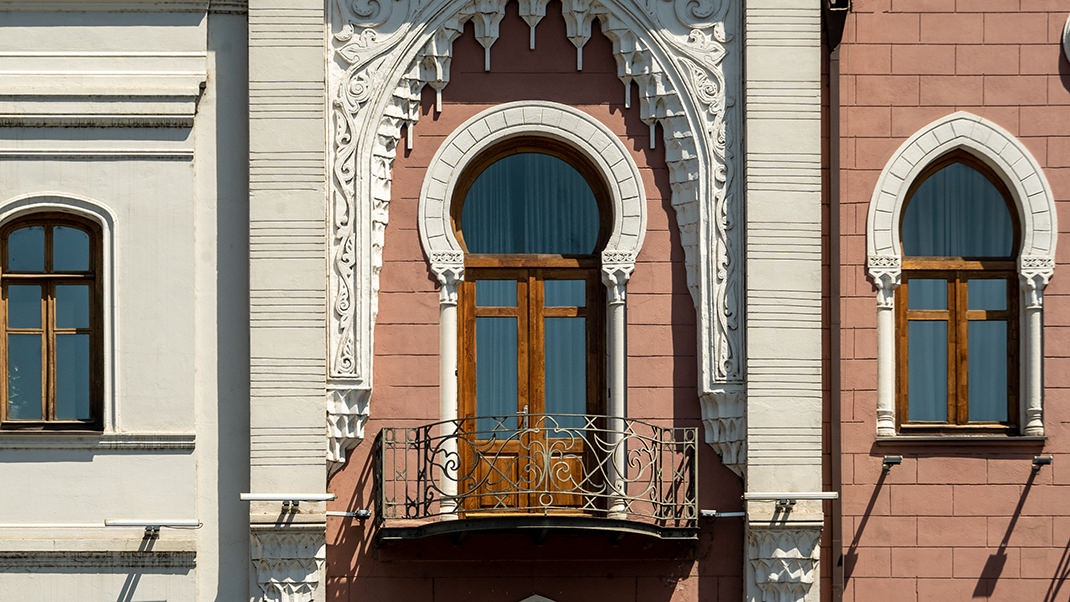
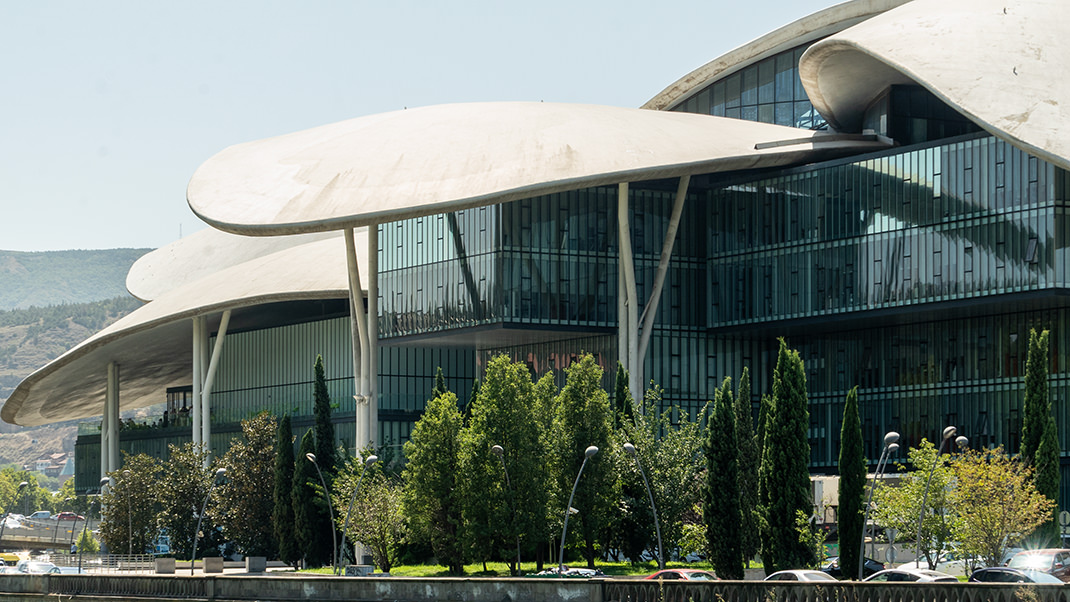
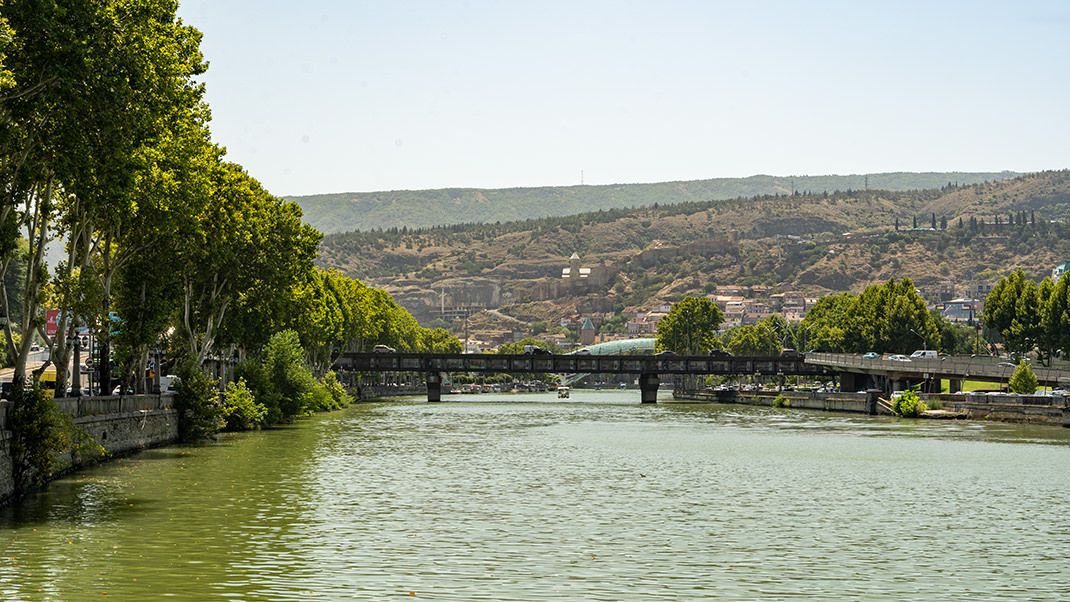
Walking tour of the city center: Rike Park
My walk through the Georgian capital started from the railway square of the city, not far from my hotel. I noticed that many people begin their route from historical sites, but for my first travel point, I chose the modern Rike Park, located on the bank of the Kura River, dividing the city into two parts.
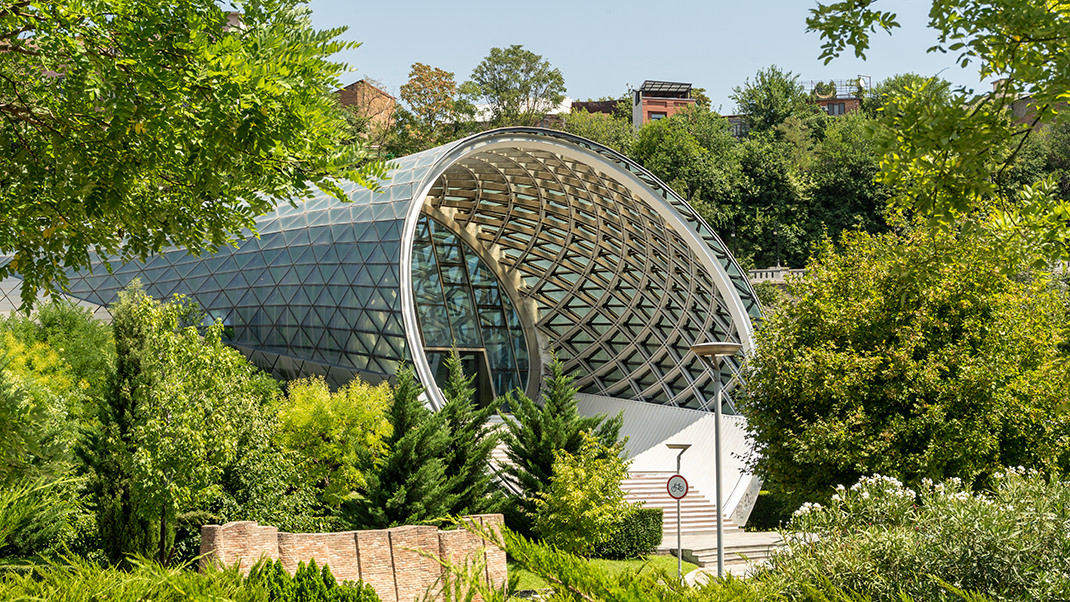
First and foremost, I was attracted to a very unusual structure resembling curved mirrored tubes. Online sources say that inside there is a music theater and an exhibition hall, and the building itself is compared to a gramophone. Despite being fully completed in 2012, it has never been opened to the public.
Here, you'll also find the Bridge of Peace with its interesting glass structures, giving it a unique appearance.
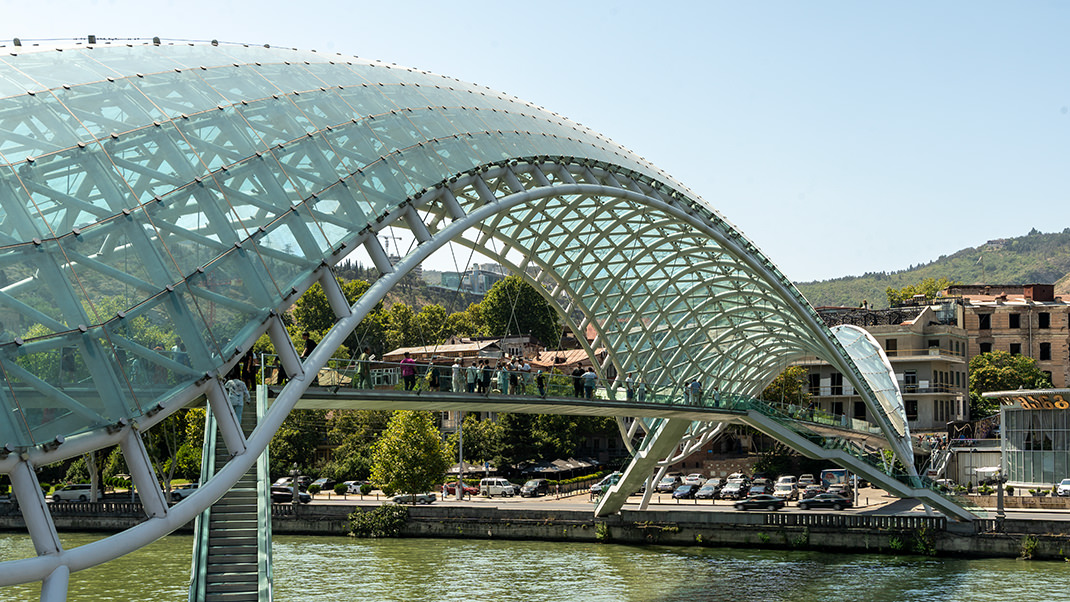
From the park, a cable car can take you up to Narikala Fortress and the Botanical Garden. I'll provide detailed information about these places in my upcoming materials.
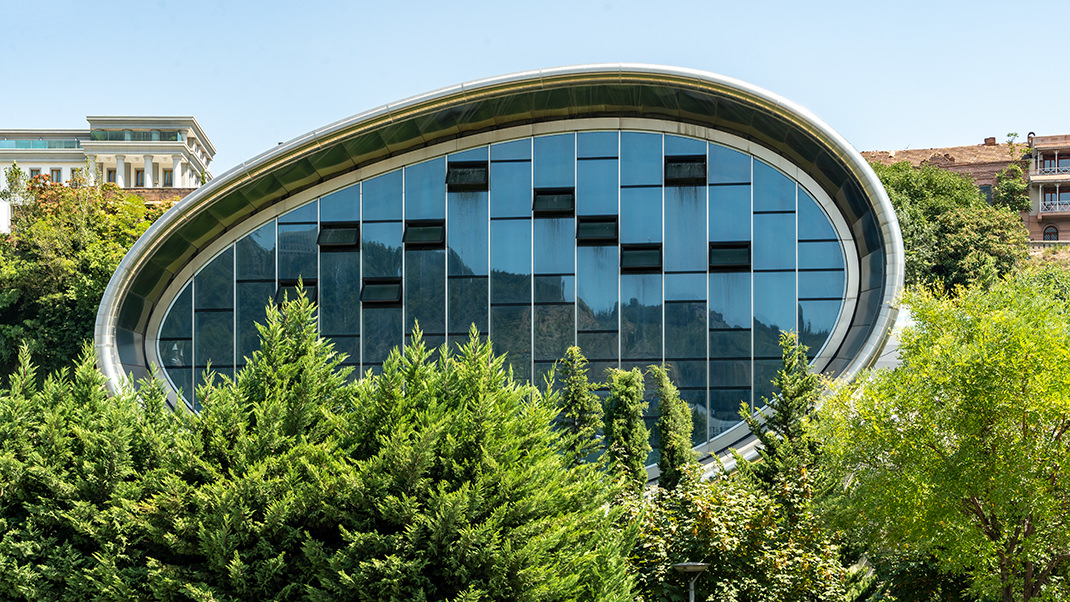
Metekhi Church
This iconic building is one of the symbols of the Georgian capital. The church is located on an elevation in the central part of the city, near the monument to Vakhtang Gorgasali.
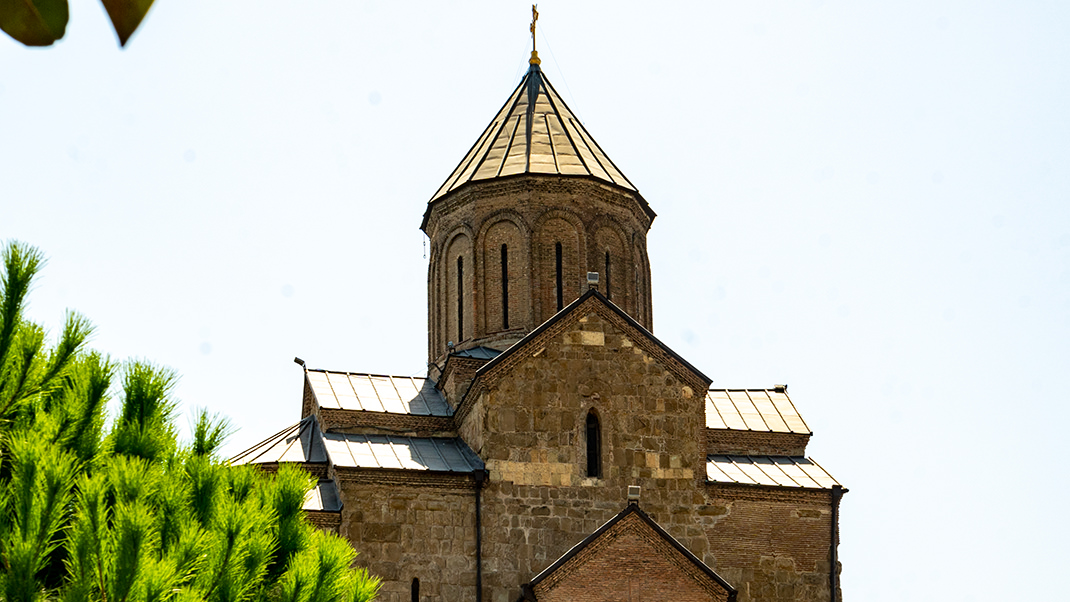
The church was built on the site of an earlier cult structure. Construction took place from 1278 to 1289. Since then, the walls of the building and the drum of the dome have survived, while other structures belong to later periods.
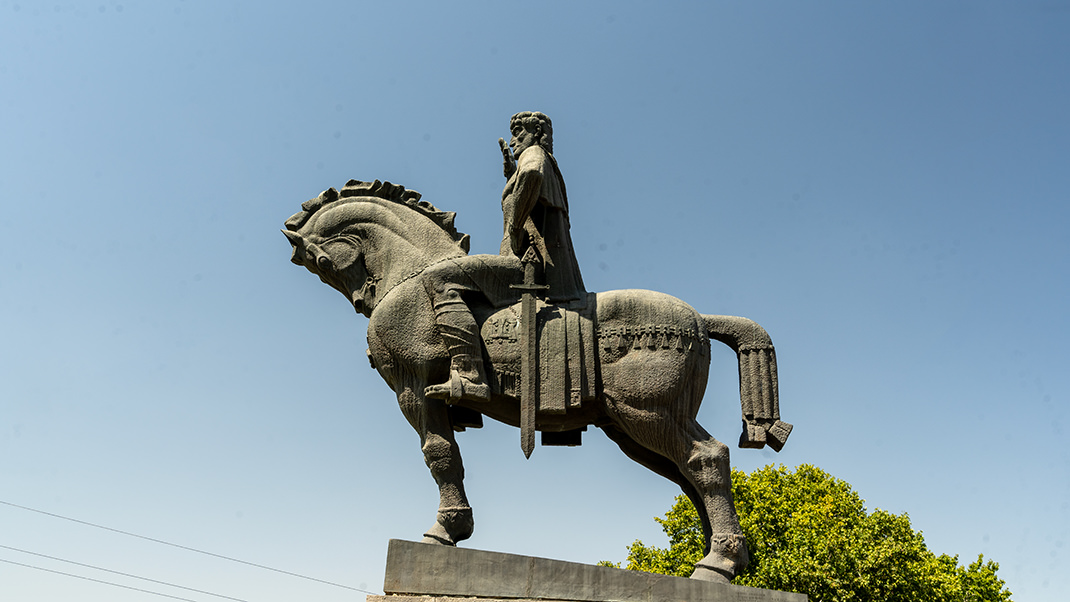
The church is open to visitors free of charge.
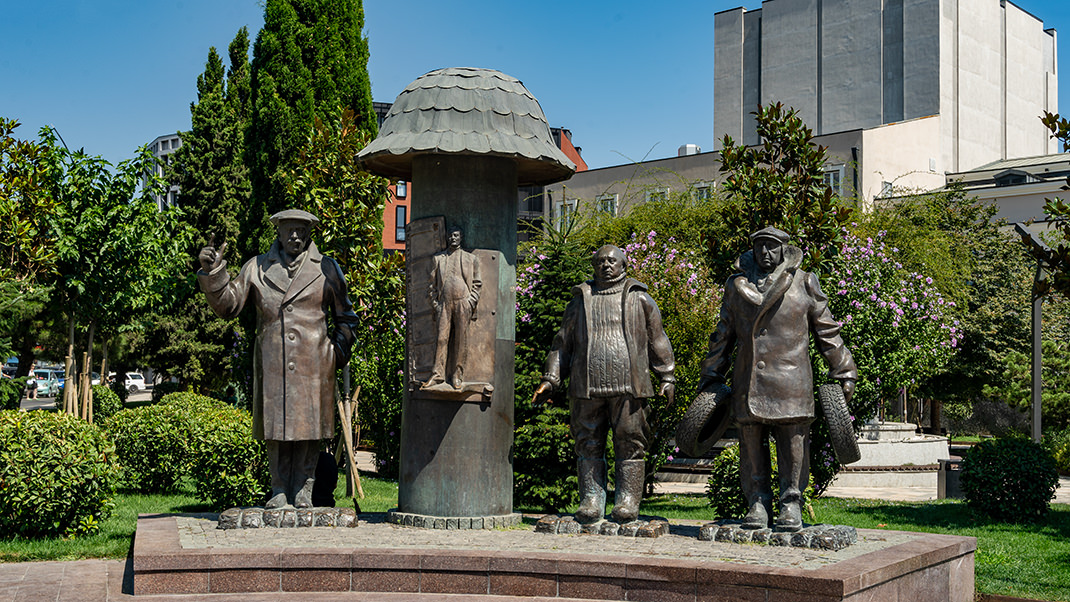
Old Tbilisi
The historical district known as Old Tbilisi is located in the southern part of the city, on the right bank of the Kura River. According to online maps, it covers a vast area, including many ancient landmarks.
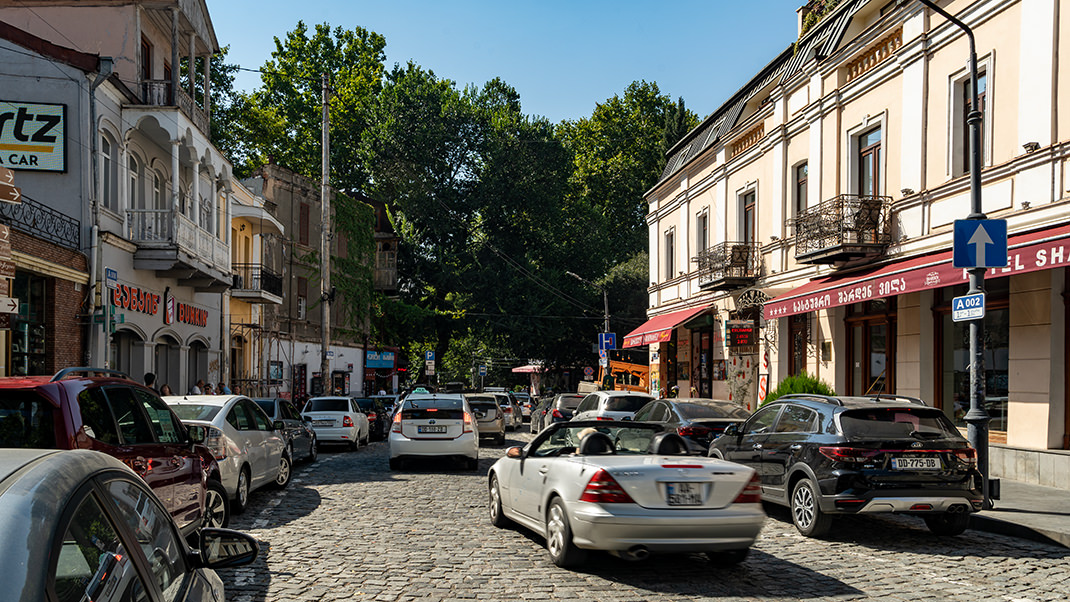
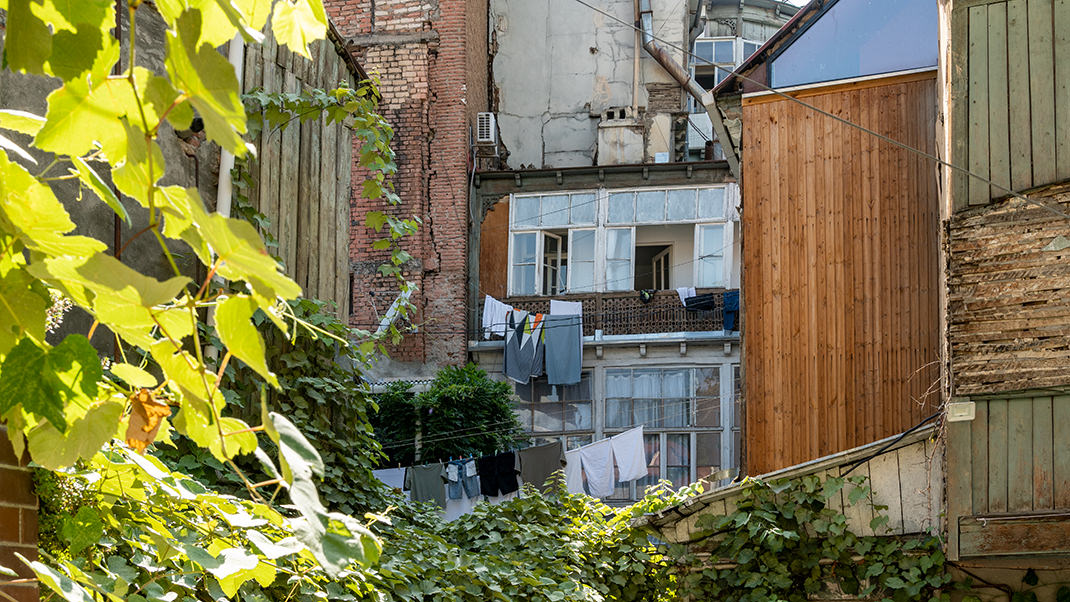
The district is a network of small streets with several main arteries. The architecture of Old Tbilisi retains medieval features, although many residential houses date back to the 19th century.
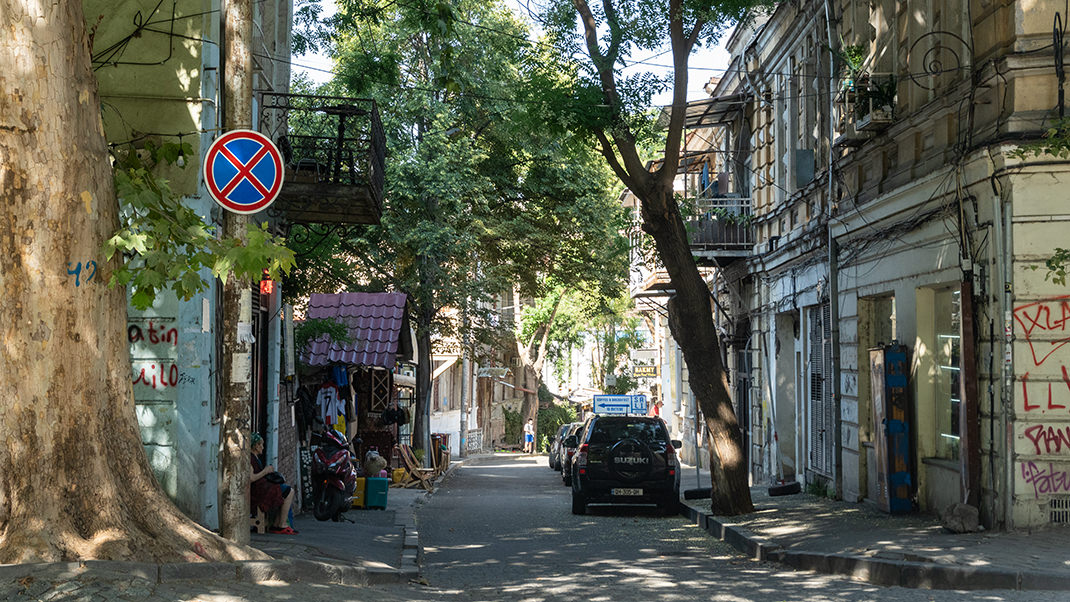
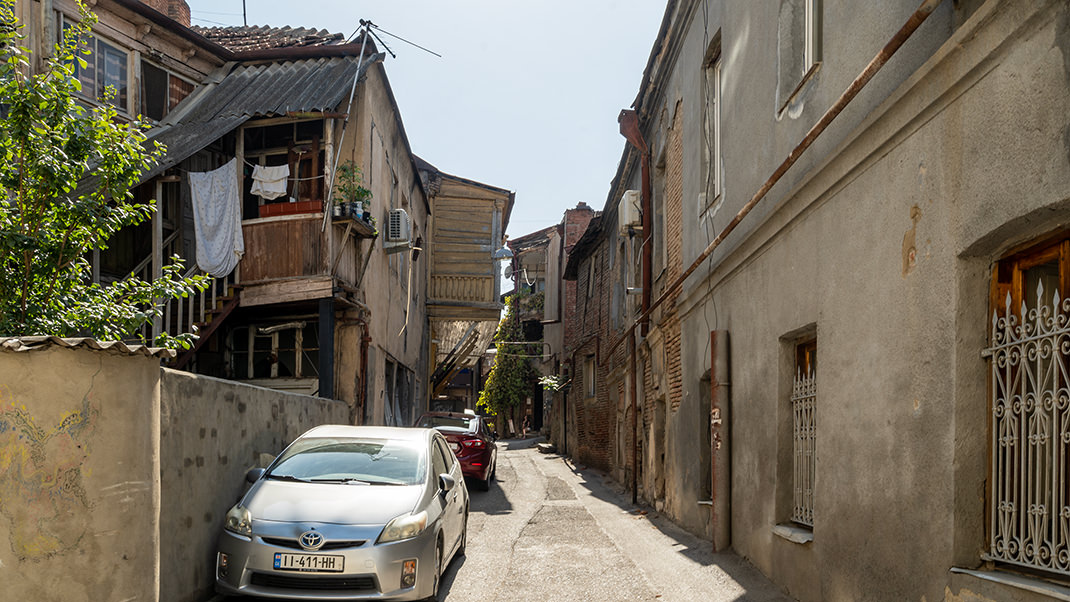
You can plan a walk through the district independently. I, for instance, began my journey from Vakhtang Gorgasali Square along Kote Afkhazi Street, exploring small alleys.
Jvari's Mama's Church
While strolling through Old Tbilisi, I noticed the entrance to the church complex with a cozy square. Here, you'll find the ancient Jvari's Mama's Church.
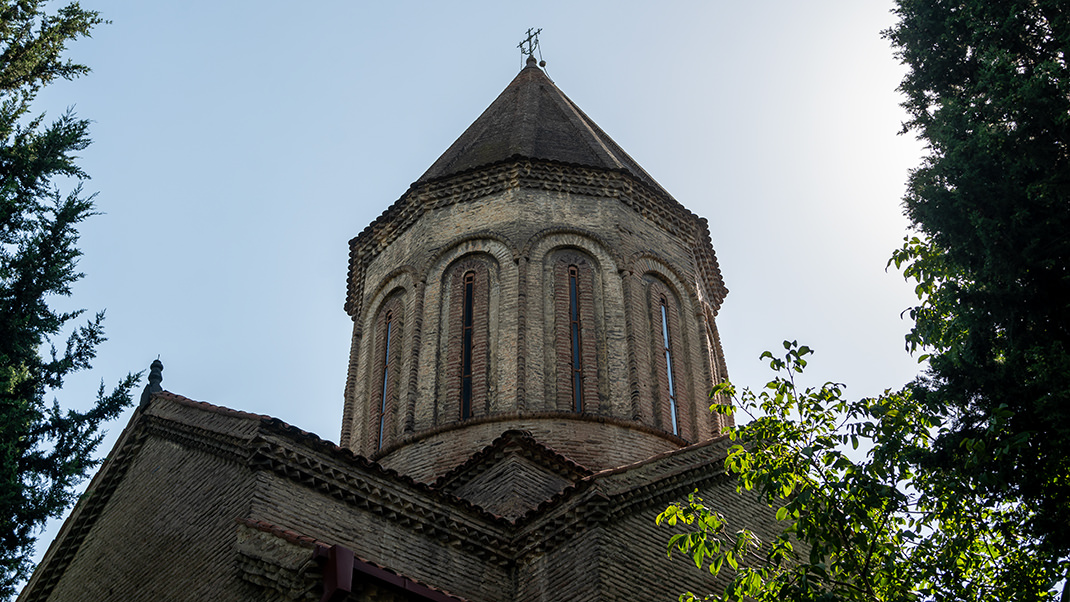
It is believed that the first cult building on this site appeared in the 5th century. Over time, the church underwent several destructions and reconstructions. According to an information stand on the premises, a major restoration took place in the 1980s.
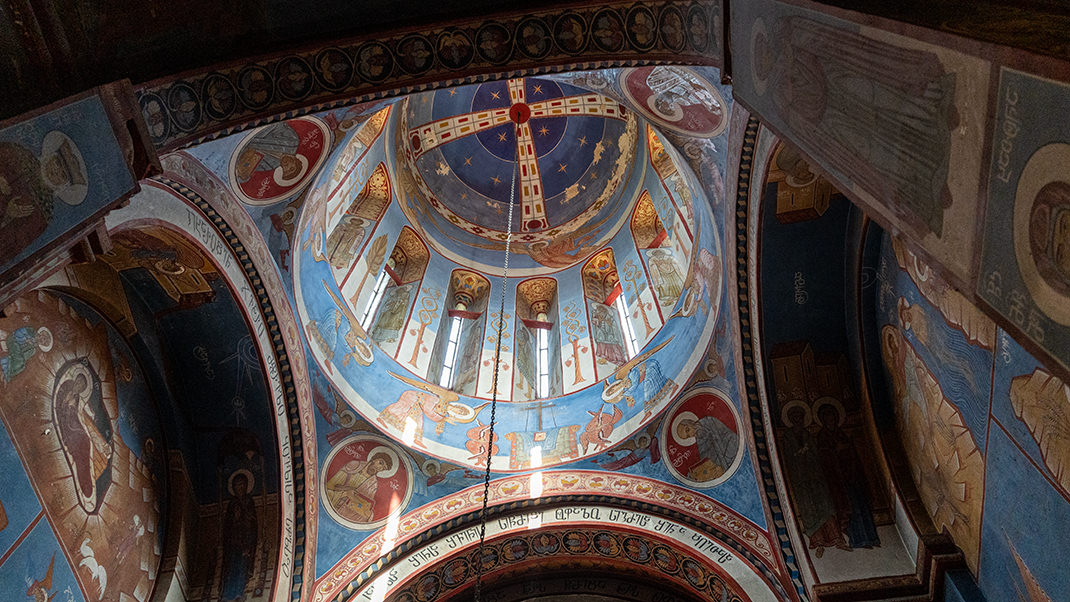
Entry to the complex is free. Travelers can explore the church's interiors or simply relax in the shade of the trees in the small square.
Rezo Gabriadze Theatre
The next point on my route was the building of the Rezo Gabriadze Marionette Theater. Its address is Shavteli Street, 13. The 80-seat theater was built in 1981.
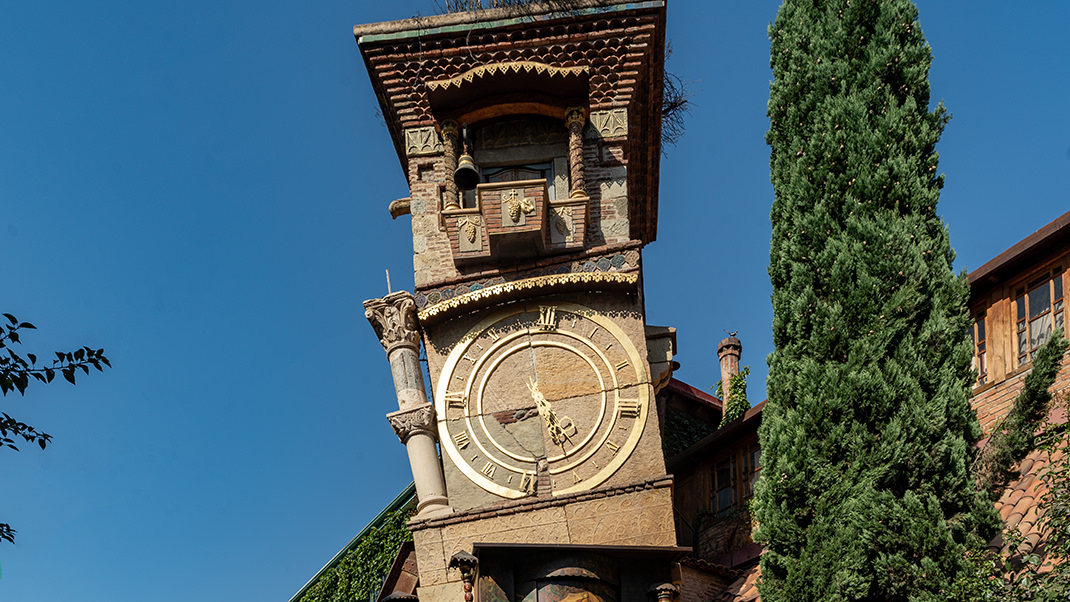
I didn't manage to get inside the building, but that wasn't my goal. The most interesting thing for me was to look at the very unusual tower of the theater with clocks, columns, a bell, and other intriguing details. According to a local resident, a small puppet show takes place here every day at 12 and 7 PM. I was in the area at a different time, so I missed the performance.
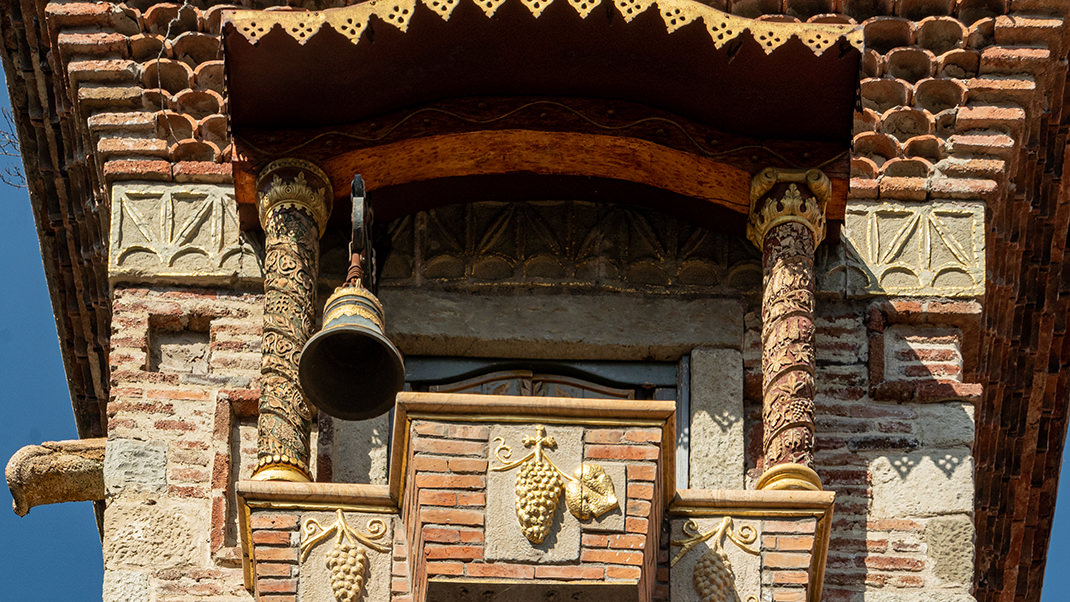
On the way to the theater, you can encounter many sculptural compositions.
Anchiskhati Basilica
The last building I encountered during my stroll was the Anchiskhati Basilica. This structure is recognized as one of the oldest in the city, dating back to the 6th century, commissioned by Dachi of Iberia, the son and successor of King Vakhtang Gorgasali.
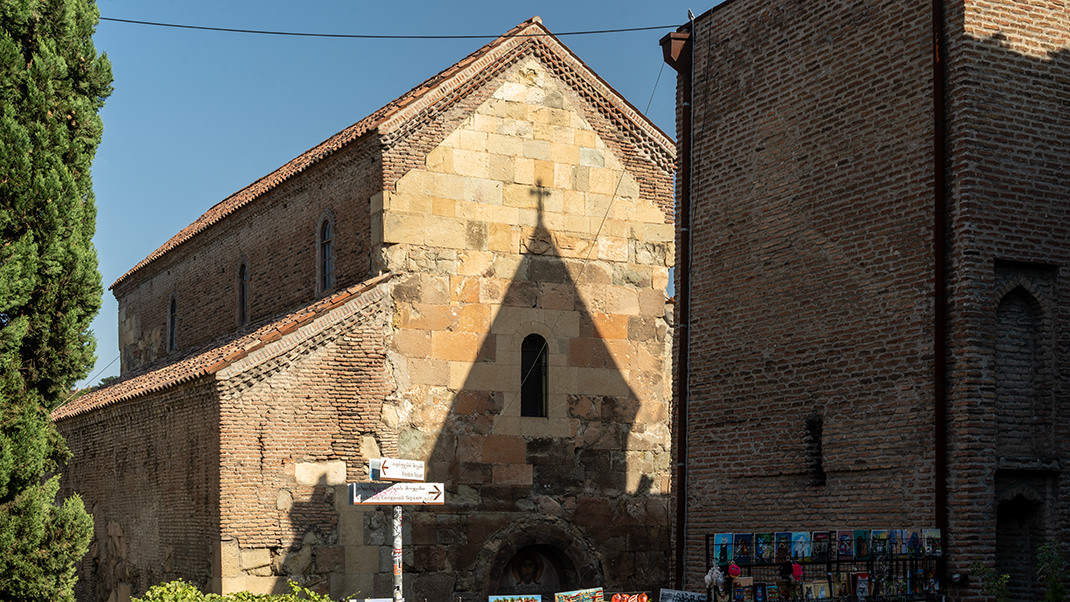
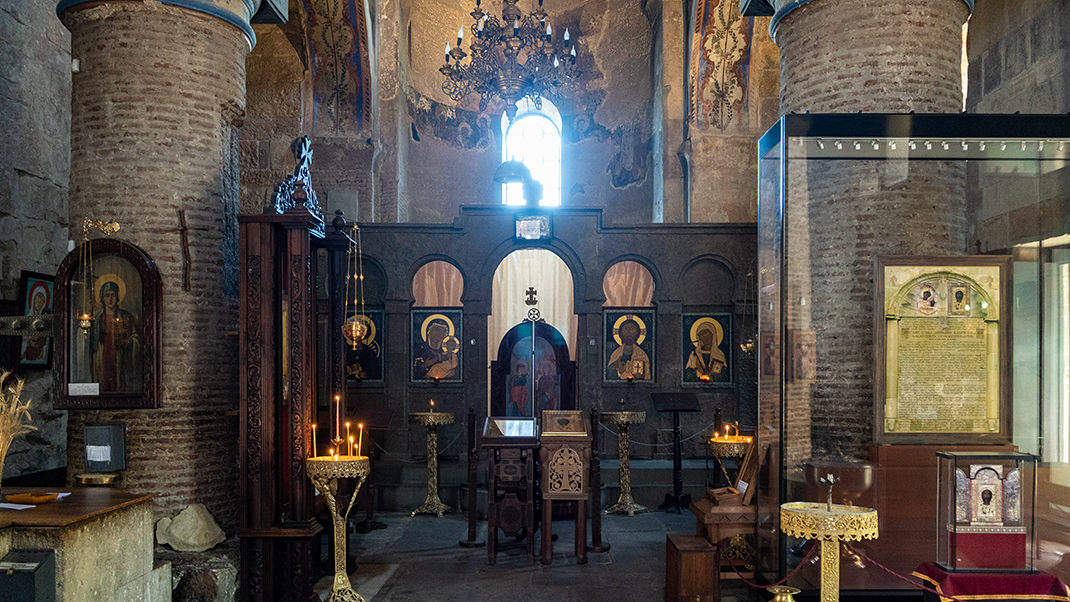
Similar to Jvari's Mama's Church, Anchiskhati Basilica underwent multiple reconstructions over the years. A significant renovation took place in the 17th century, resulting in the construction of a bell tower within the complex in 1675.
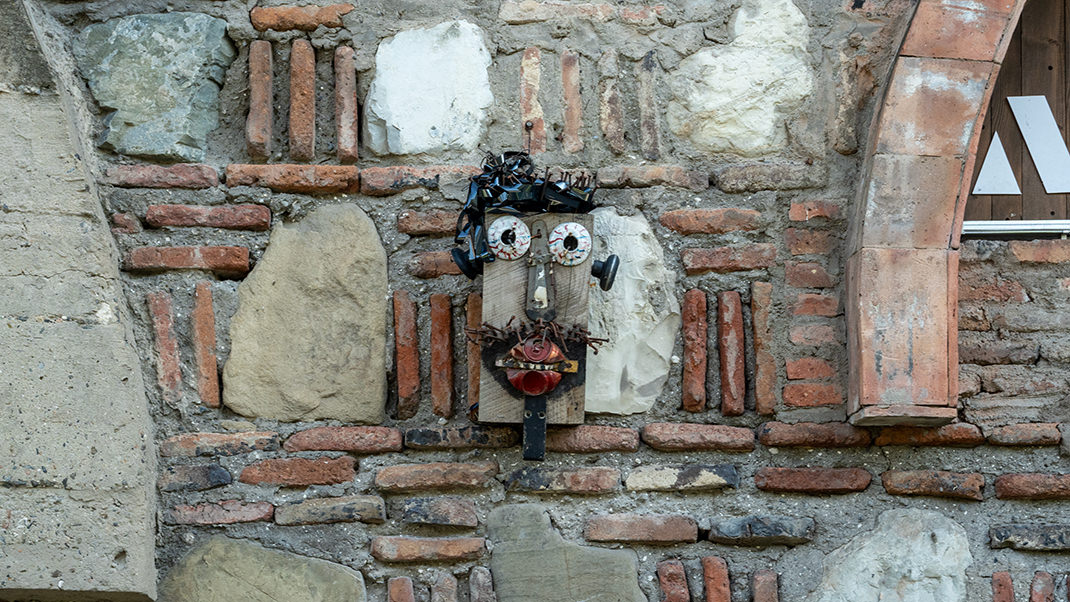
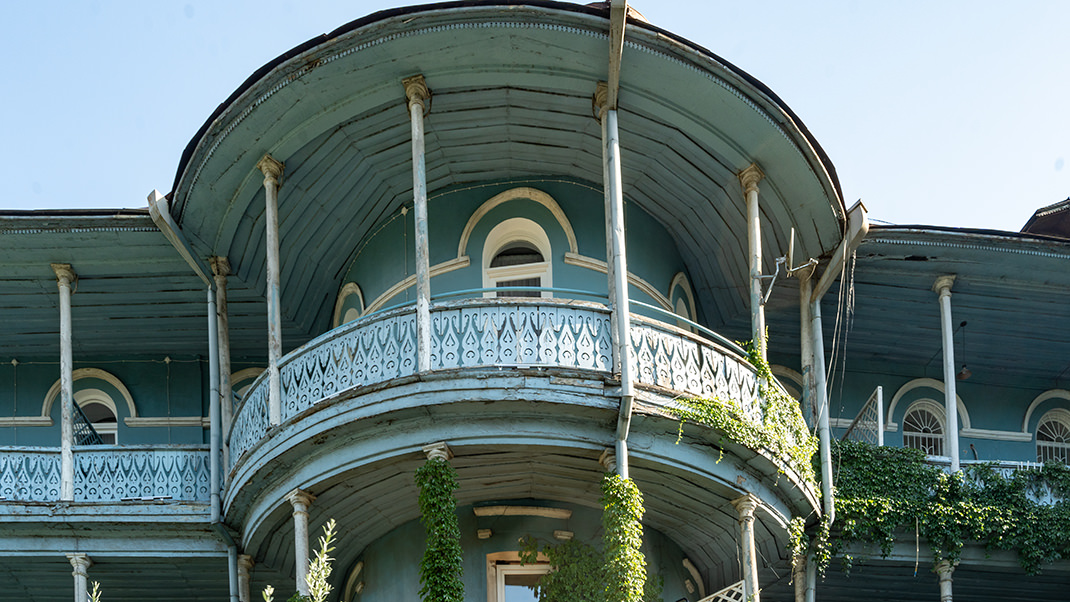
After exploring the church, I headed back towards my hotel, covering a total distance of 11 kilometers during my route.
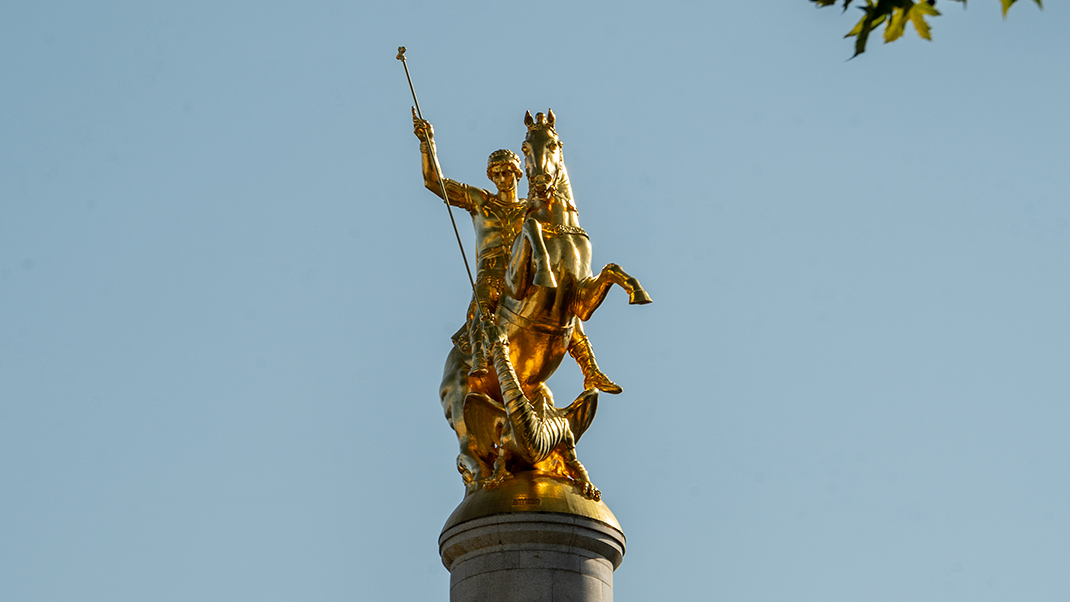
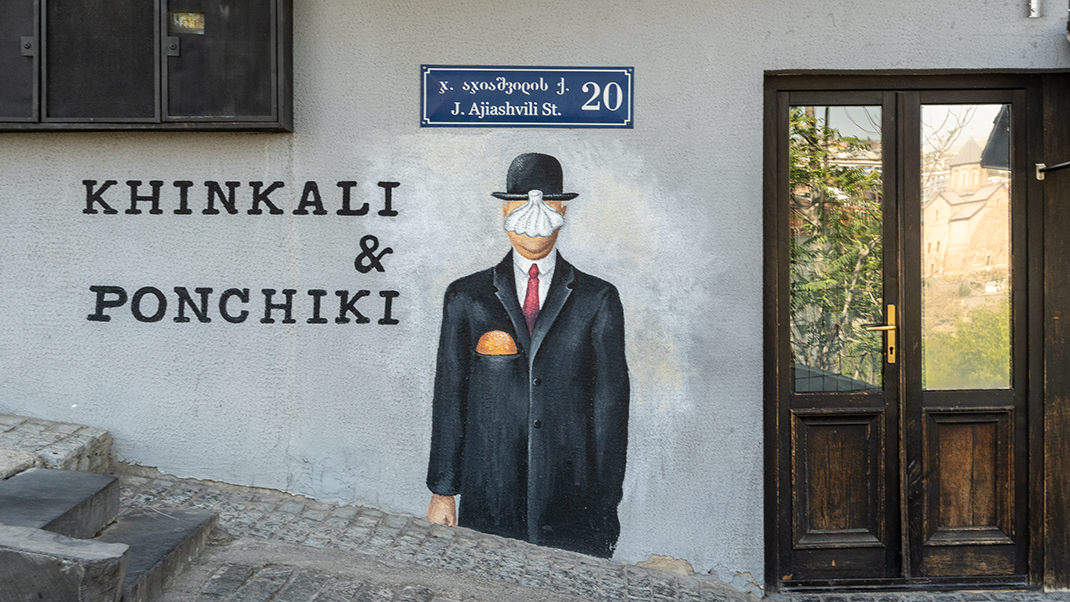
This concludes my narrative. In the next installment, I will provide a detailed account of the mentioned Rike Park.
Have a nice trip!


